Microsoft says SocMeds pave the way for the rise of ‘would-be citizen hackers’
3 min. read
Published on
Read our disclosure page to find out how can you help MSPoweruser sustain the editorial team Read more

Microsoft says social media platforms allow “thousands of would-be citizen hackers” to participate in the growing number of online attacks. In its Microsoft Digital Defense Report 2022 report, the company says even regular users can perform easily executable attacks like distributed denial-of-service (DDoS) attacks through the hacking instruction manuals distributed through Twitter, Telegram, and private forums.
According to the report, the recent increase in volunteer hackers was inspired by Russia’s invasion of Ukraine. It recalls the Ukrainian government’s appeal to private citizens worldwide to attack Russia and aid its IT Army, though some volunteers decided to rally around Russia.
While the request was made popular due to the participation of famous hacking groups like Anonymous, Ghostsec, Against the West, Belarusian Cyber Partisans, and RaidForum2 (who all sided with Ukraine compared to the Conti ransomware gang that took the side of Russia), Microsoft says that the movement also armed regular social media users. This is possible, the report explains, through hacking directions supplied by more knowledgeable hackers.
Moreover, Microsoft adds that while social media users participating in such acts “have limited skills, even with instruction,” it could lead to two possible futures for hacktivism in this generation.
“This suggests two potential futures: one in which hundreds or thousands of individuals with rudimentary technical capabilities use attack templates to conduct future coordinated or individual hacktivist attacks against targets, or a second future where the eventual end of hostilities in Ukraine sees them leaving their hacktivism behind, at least until the next political or social issue inspires them to action,” Microsoft predicts.
Earlier this month, the Federal Bureau of Investigation said that DDoS from hacktivists that sided with Russia have a minor impact on targets. Nonetheless, it could still translate to decreased risks online for everyone. With this, Microsoft underlines the need for the technology industry to produce a comprehensive solution for the growing threat.
“In an environment of increased DDoS attacks linked to hacktivism, the technology industry is challenged to quickly decipher the difference between normal and abnormal traffic flow to a website,” adds Microsoft. “Microsoft and its partners have developed a collection of tools which distinguish malicious DDoS traffic and trace it back to its origin. In addition, Microsoft’s Azure platform can identify machines on the platform that produce extraordinarily high levels of outbound traffic and shut them down.”
In March, Avast also published research that detailed how highly risky DDoS hacktivism is to everyone, especially inexperienced users online. The cybersecurity software company then discouraged the practice by stating that it is illegal and could also mean risking one’s privacy and lead to counterproductive collateral damage.


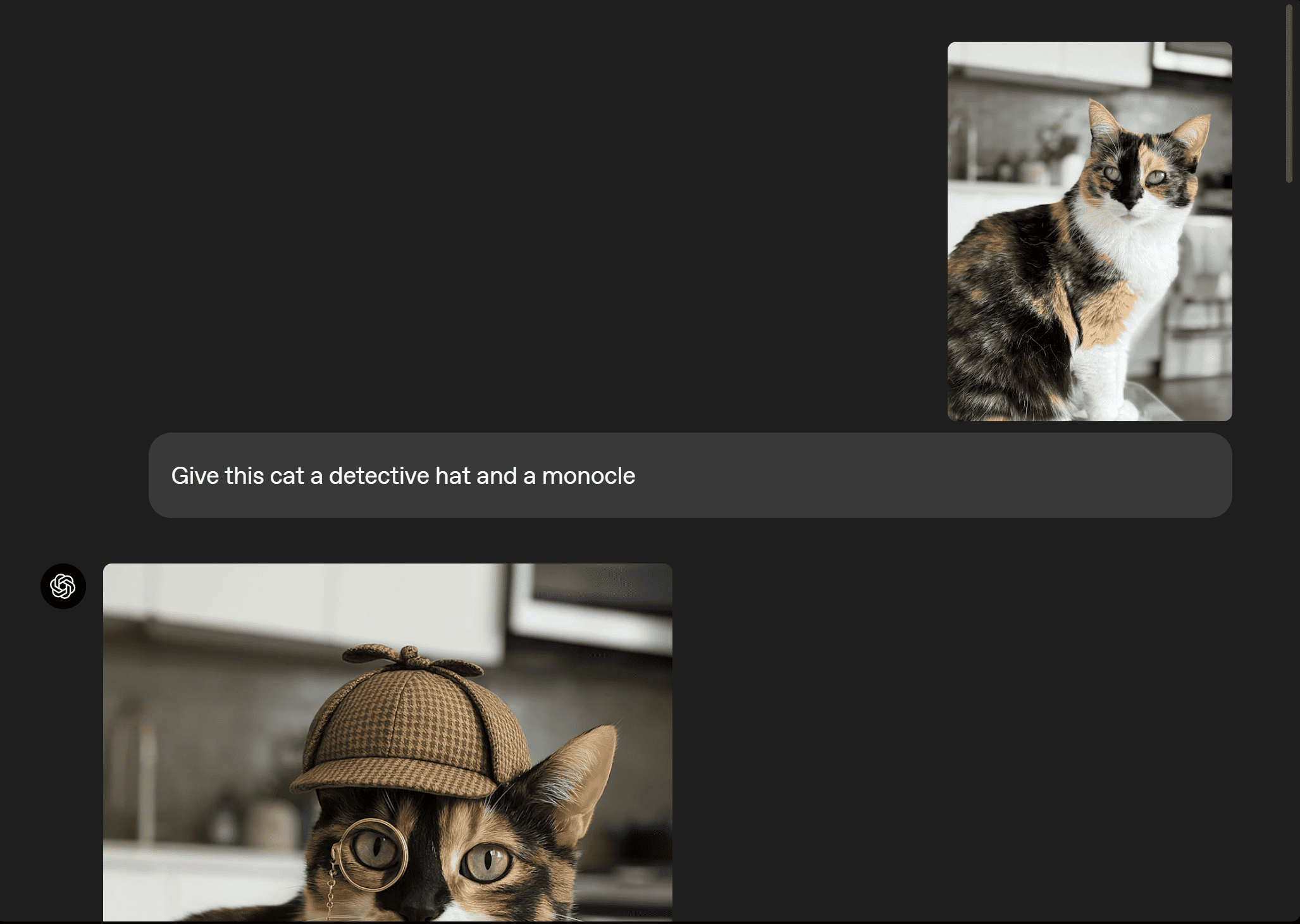

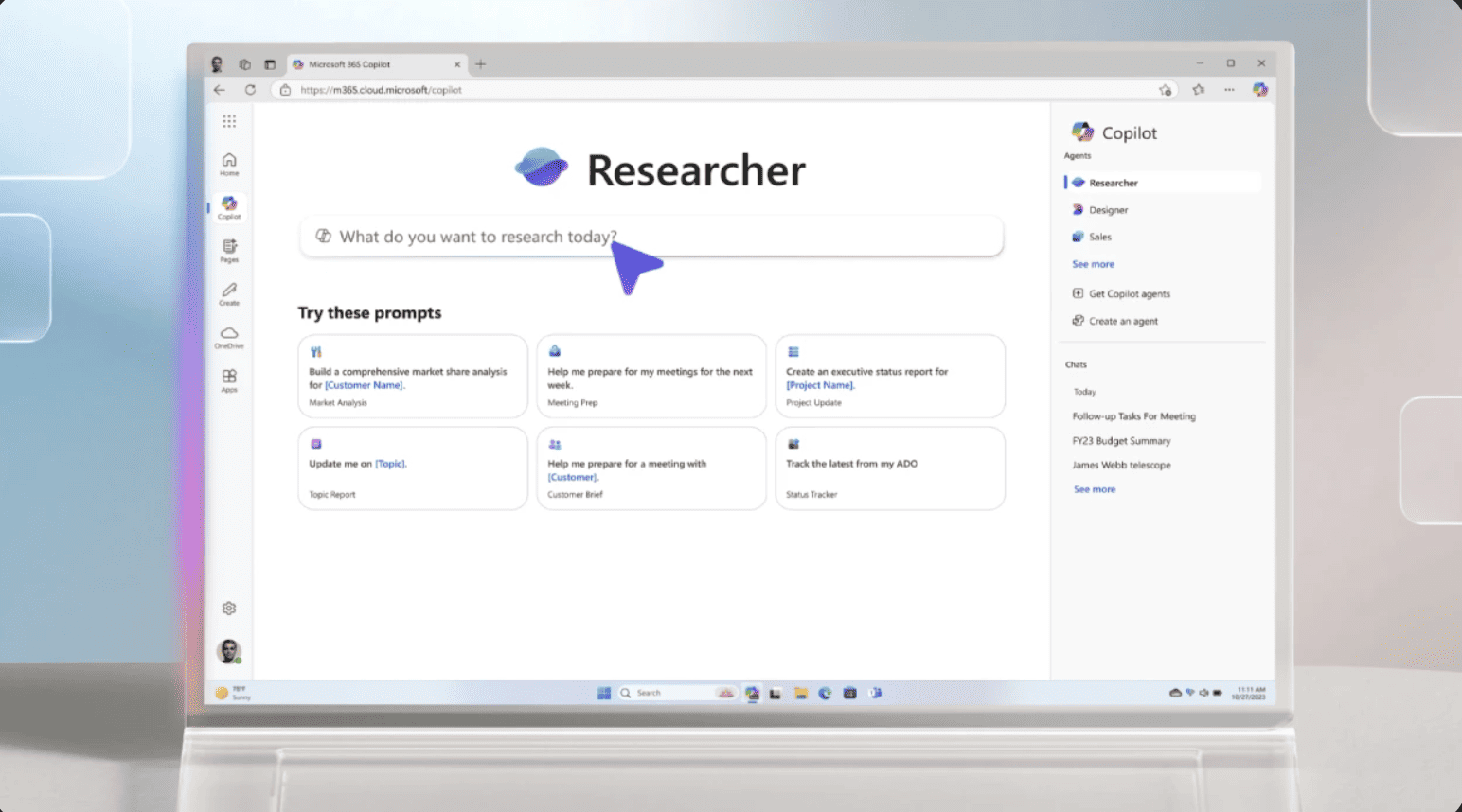
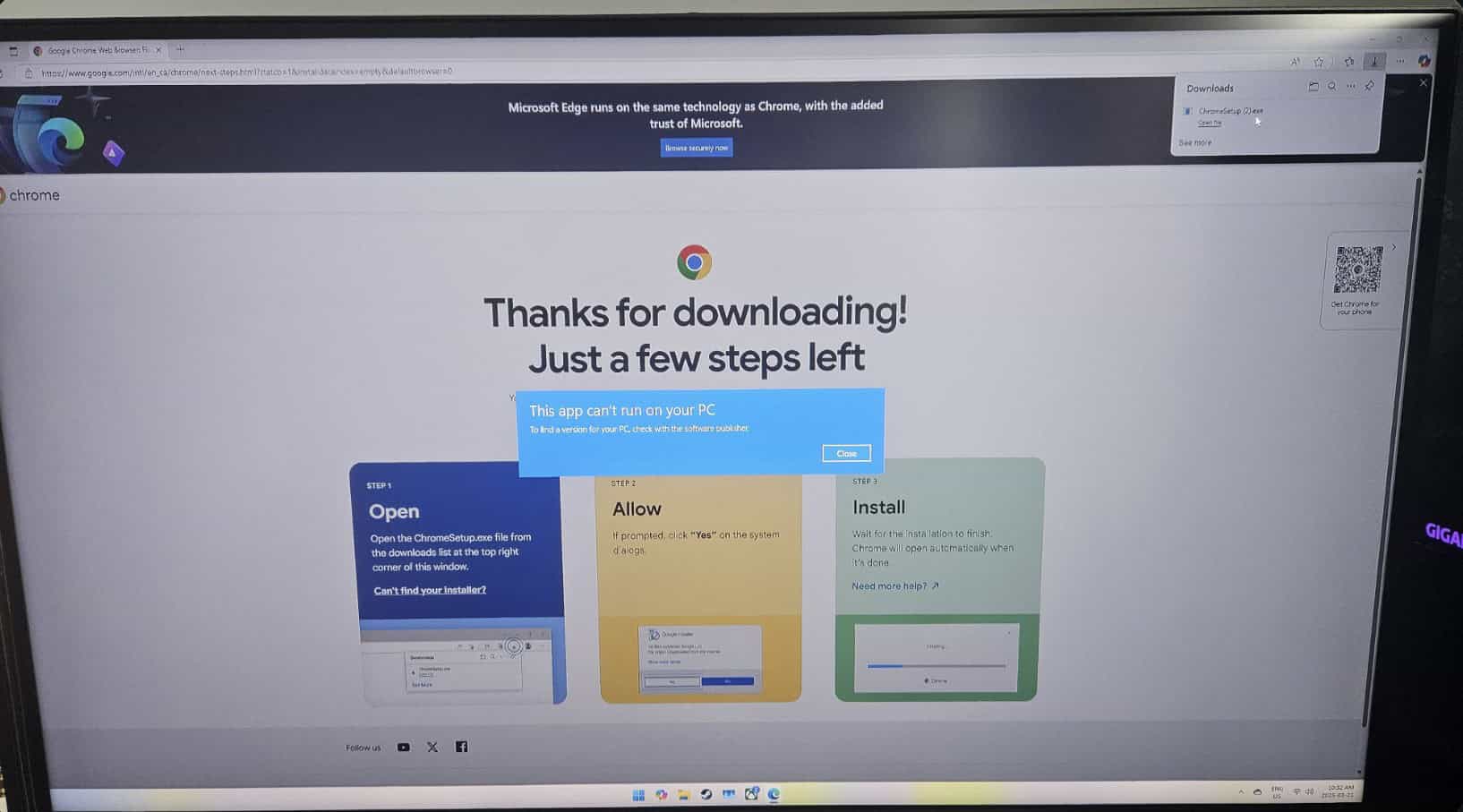
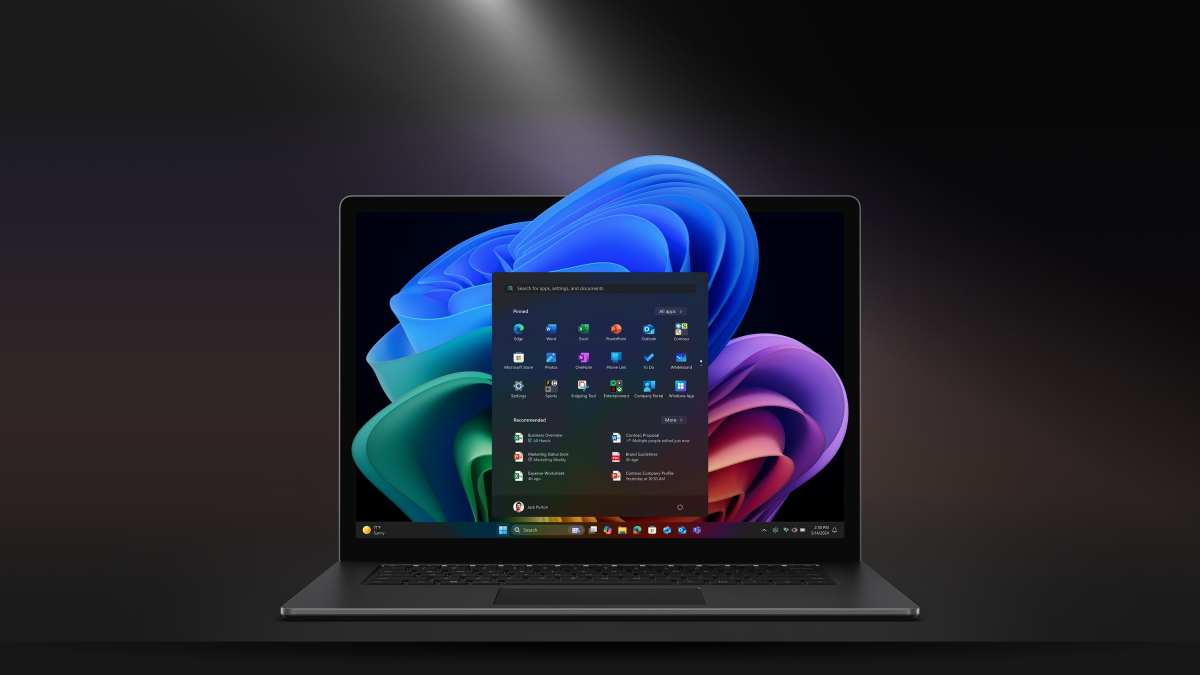
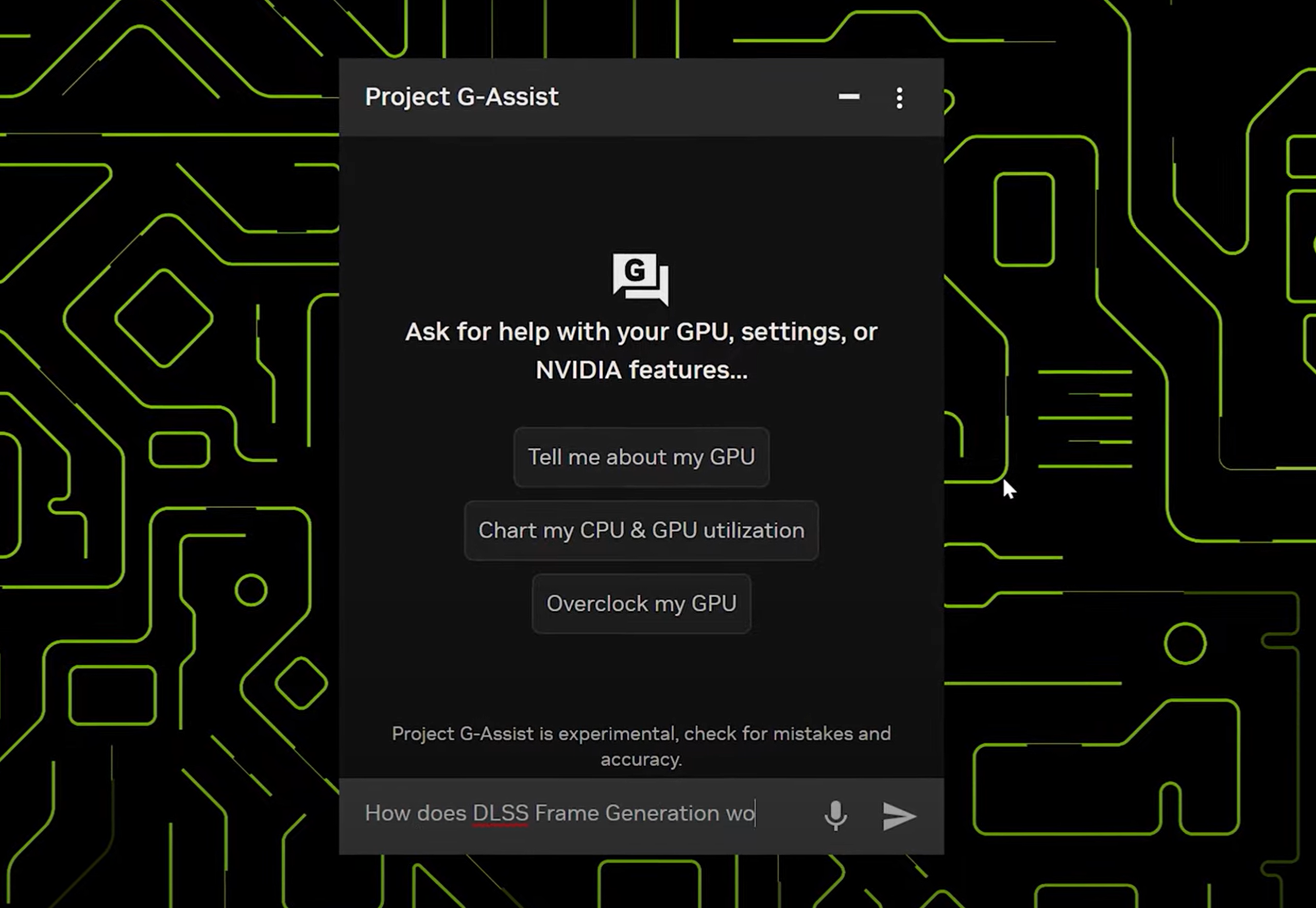
User forum
0 messages